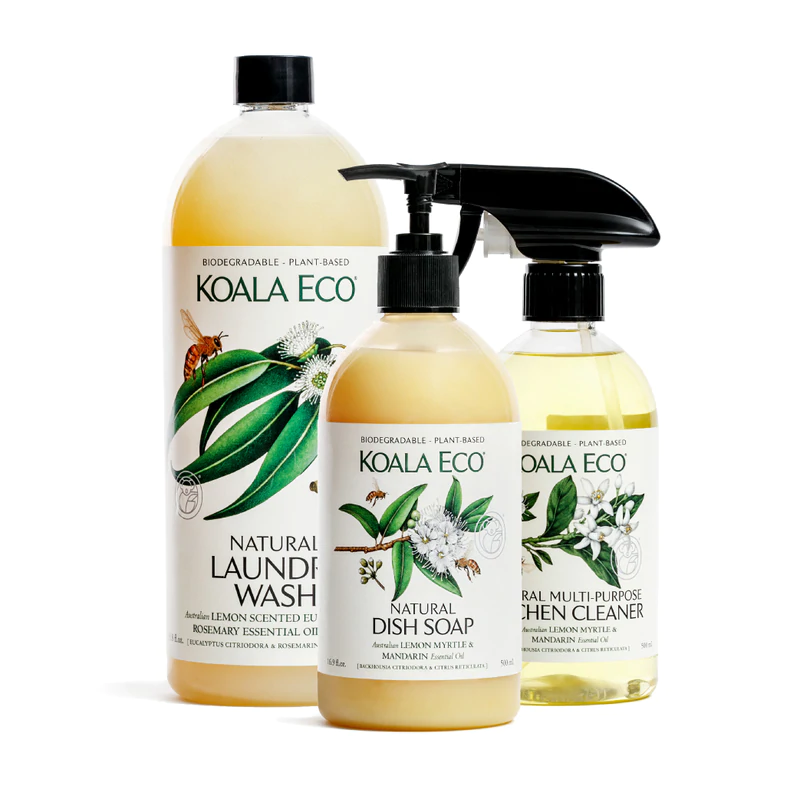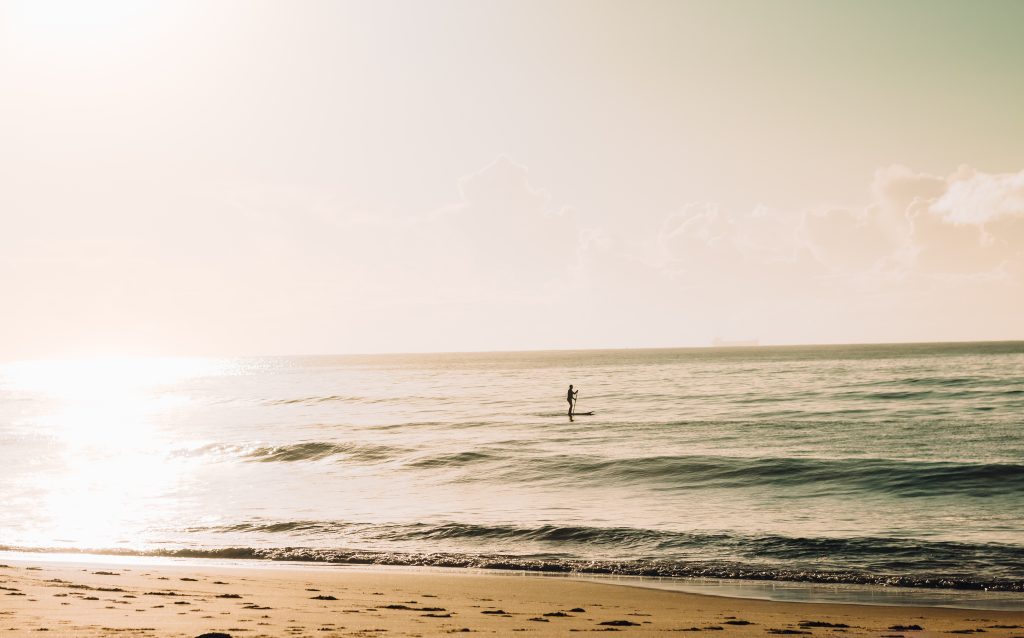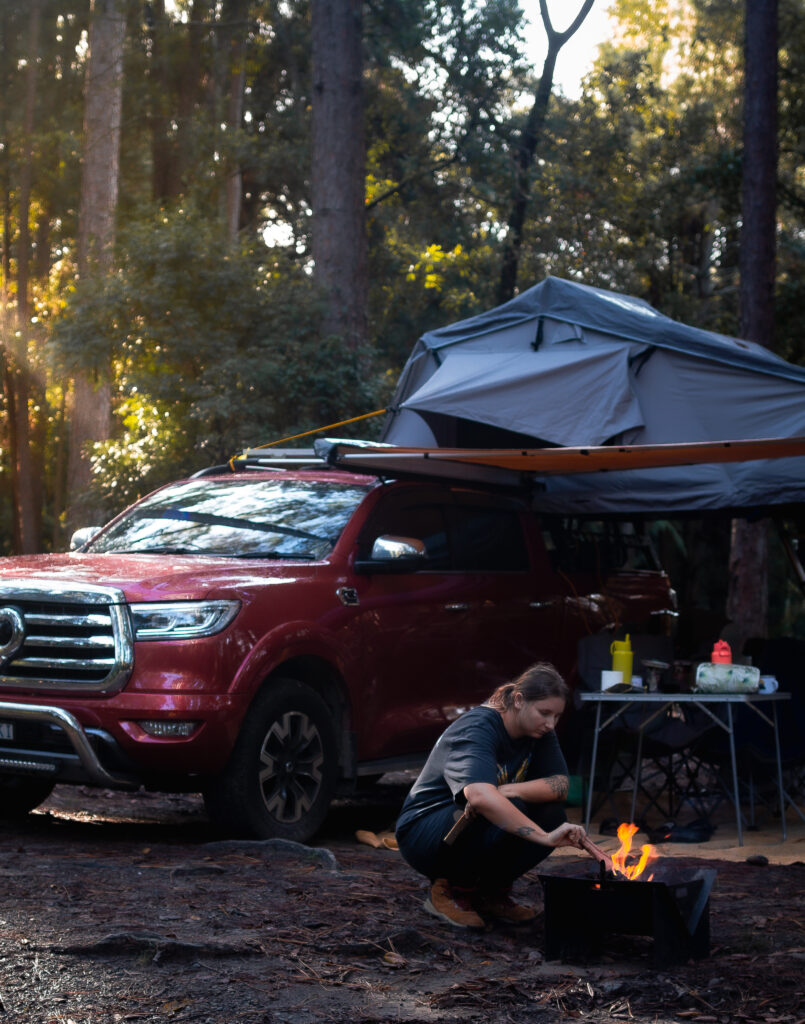Unfortunately, as any lover of the outdoors knows, heading out into nature can hurt the environment. The decisions we make while camping, hiking, and spending any time in nature can be severely detrimental to the environment and the wildlife around us. Every time we spend time enjoying nature, we need to take time and make eco-conscious decisions so we can make the right choices and enhance the vitality of this planet. Eco-friendly travel is becoming more important every day so it is important that we understand how to minimise our impacts. Below is a list of eco-friendly camping tips used to help us leave no trace.
Every time you go camping it is important to carry a survival kit, first aid kit, and a snake bite kit.

Use eco-friendly soap

First and foremost, one of the easiest decisions you can make is to use environmentally friendly soaps for camping. There are many options you can use, many companies offer waterless soaps for camping, or biodegradable soaps for camping. I’ve already written an article about our go-to eco-friendly soap here. This soap is made from all-natural ingredients and is one of the most versatile eco-friendly soaps Australia has to offer.
Take it in, take it out
One of the significant factors in leave no trace camping is the idea of taking it in, take it out. This is mostly applied on hiking trails and campgrounds without waste disposal. But should be used at any time in nature. The idea here stems that if you had room to take it, you have the room to take it out with you and dispose of the rubbish properly. This applies to all food waste and rubbish such as plastic, foil, broken equipment, and all organic waste.
Rubbish not only ruins the aesthetics of an area. It can be deadly for local wildlife as well.

Practice fire safety

Practicing poor fire safety can be detrimental to the environment. Fires should always be supervised, in designated fire areas, only during fire-safe seasons, and only use wood that has not been stripped from trees. Large fires should also be avoided, as the smoke can be detrimental to the environment and it is easier to lose control of the fire. By not practicing these you will risk the area to wildfires, and affect the natural homes of animals. To read more about how to make sure you are practicing correct fire safety check out this article. Eco friendly campfires are not impossible, and you can still enjoy campfires while camping, care is just required to limit your impact on the land.
Camp away from streams
Generally speaking, it is recommended by advocates of the leave no trace principles that you should camp 200ft away from streams and water sources where possible if there are no designated camping sites. This limits your impact on native animals and will not inhibit their use of the water supply.
Camping this far away from streams and water sources also limits the number of chemicals that can enter the water streams from your campsite.
Avoid chemicals
This is easier said than done. However, avoiding chemicals is one of the best sustainable camping tips we can offer. Many campers will use chemicals in their dish soaps and aerosols such as sunscreen, hairspray, fire starters, and burning plastics. These can alter soil compositions and release potentially harmful chemicals into streams and the air.
As mentioned earlier, we recommended eco-friendly soaps here. These will help combat this issue and help you make better eco-friendly choices while traveling.
Avoid single-use plastic
Single-use plastic is one of the main contributors to pollution and waste in our national park systems and the world entirely. There are many bans on single-use plastic in Australia. However many of these do not come into place for many years to come. By avoiding single-use plastic in our everyday lives, and especially while camping we are able to reduce our impact on the environment significantly.
You can reduce your impact by using reusable water bottles and Tupperware to store your food. Avoiding plastic bags in general can also make a large impact on the environment.
Do not disturb wildlife
This often goes without saying but by not touching and feeding wild animals you will limit there exposure to humans and allow them to stay wild animals. Wildlife should always be viewed quietly from a distance to avoid impact on their natural lives. Loud noises can also cause wildlife unnecessary stress which can lead to other issues for them in the wild and inhibit their ability to function as they normally would.
As you can see there are many eco-friendly camping tips that you can utilise next time you’re planning an adventure. Many of these measures are small and require little to no effort but will make a big difference to our impact on the environment and our national parks.
This world is made for exploring and enjoying but it shouldn’t come at the cost of others. Remember when heading out camping to leave no trace.
*This article contains affiliate links and a small commission may be made on eligible purchases.
